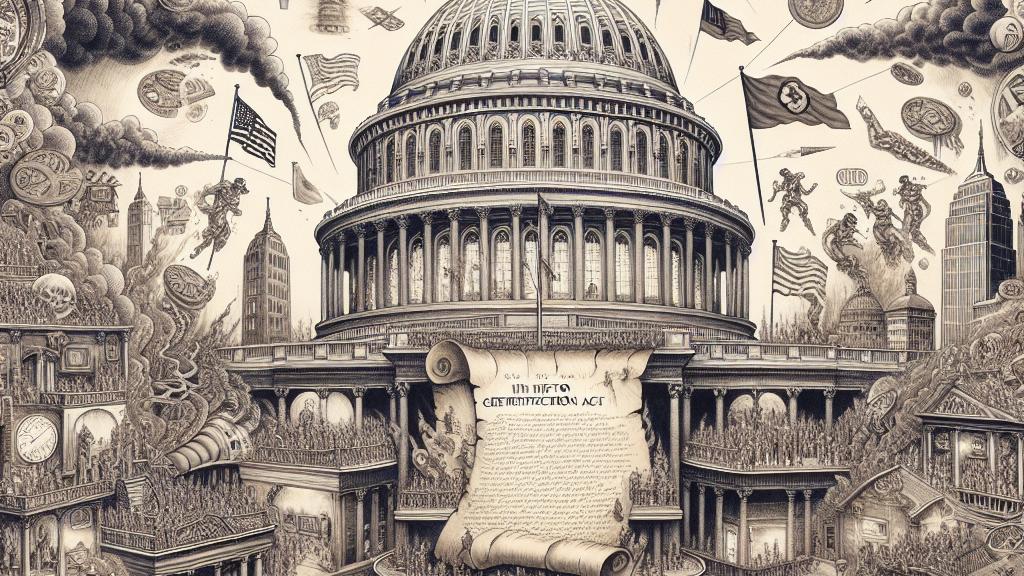US Bill Threatens Hong Kong Trade Offices: A Diplomatic Thunderstorm!
Overview
- US House passes a crucial bill targeting Hong Kong's trade offices, raising tensions.
- This legislation could result in the closure of important economic outposts in America.
- Hong Kong's government denounces the bill as a serious violation of its sovereignty.

Background of the Bill
On a pivotal day, September 11, 2024, a significant shift took place in U.S.-Hong Kong relations when the House of Representatives passed the Hong Kong Economic and Trade Office (HKETO) Certification Act. With an astonishing majority of 413 votes in favor and a mere 3 against, this legislation represents a resounding message about the dynamics of international politics. The Act grants the U.S. president the authority to revoke specific privileges from trade offices situated in major cities like Washington D.C., New York, and San Francisco. If these offices cannot demonstrate a 'high degree of autonomy' from China, they must close their doors within 180 days. This bold legislative maneuver reflects mounting frustrations concerning Hong Kong's ongoing struggle for autonomy under China's tightening grip, stirring discussions both in the halls of Congress and around the world.
Implications for Hong Kong
What does this bold act mean for Hong Kong, a city that serves as a vital conduit between East and West? The bill’s implications are monumental and far-reaching, casting a long shadow over the future of its 14 trade offices across the globe. The Hong Kong government has swiftly condemned this legislation, asserting that it constitutes a blatant infringement on its rights and a politically motivated attack. This sentiment resonates deeply among citizens, many of whom are grappling with the suffocating effects of an encroaching national security law, enacted in 2020 amidst waves of pro-democracy protests. While Beijing posits that these laws serve to restore stability, the U.S. bill stands as a symbolic lifeline—a potential beacon for human rights advocates yet fraught with risks of further economic isolation and civil unrest.
Responses and Reactions
In the wake of this diplomatic thunderstorm, responses and reactions flow through political corridors like an unstoppable tide, encapsulating the intricate nuances of international relations. Some U.S. lawmakers view this bill as an essential declaration of support for the oppressed citizens of Hong Kong—a courageous stand against authoritarianism. Conversely, many in Hong Kong perceive it as unwelcome interference, dubbing it an audacious political maneuver that undermines their self-determination. This ongoing tug-of-war reveals the delicate balance countries must maintain between commerce and conscience. As the world watches, questions swirl about how this confrontation will shape both trade dynamics and the broader narrative of human rights in Hong Kong, leaving observers eager for the next chapter in this unfolding saga.

Loading...